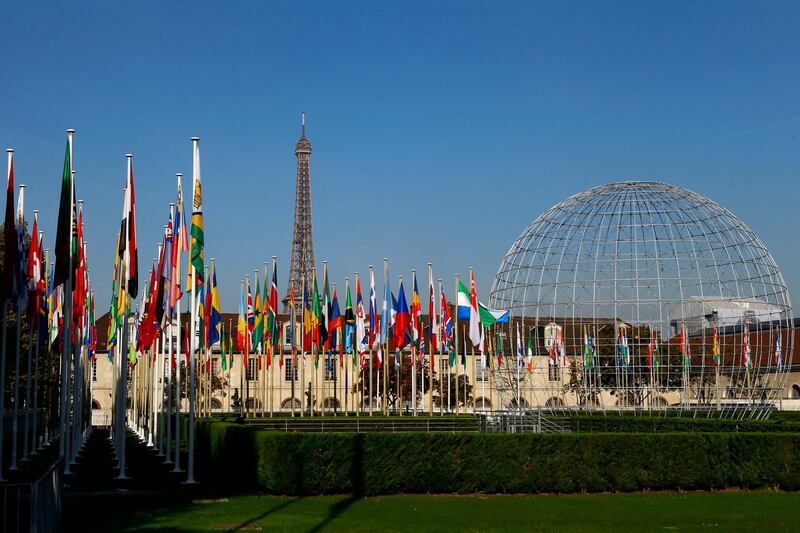Perhaps the world’s most intractable dispute, the Palestinian-Israeli conflict has hung over the Middle East for decades. For the Palestinians it is a matter of life and death, of freedom from occupation and their right to statehood. As Egyptian Nobel prize winner Ahmed Zewail once remarked, “In the Middle East, it is clear that peace will never be achieved without solving the Israeli-Palestinian conflict.”
And yet, the dispute has too often become an arena for spiteful and petty behaviour. The departure this week of the US and Israel from Unesco, the UN's cultural agency, is precisely that. The body is globally respected and revered, preserving more than 1,000 cultural sites from Afghanistan to Zimbabwe, embodying the co-operation and dedication that have prompted humanity's greatest achievements.
Washington and Tel Aviv stand to lose from this misguided decision, as will the more vulnerable dream of true international co-operation.
This decision is not new. A year ago President Donald Trump announced the US would withdraw from the body, accusing it of antisemitism and hatred of Israel, and Tel Aviv quickly followed suit. Both countries long ago ceased paying their dues after Unesco recognised the state of Palestine, and both lost voting rights in 2013.
Nor is this the first time the body has been politicised. President Ronald Reagan pulled out in 1984, citing Soviet Union bias. George W Bush, however, rejoined in 2003, to “emphasise a message of international co-operation”, ironically, as the US prepared to invade Iraq. Three of Unesco’s world heritage sites are in the Palestinian territories, attracting the ire of Israel, which has occupied Palestinian land with brutality for decades.
The idea that Unesco is antisemitic because it recognises the old city of Hebron – which contains the contested Ibrahimi Mosque, or Cave of the Patriarchs – as a world heritage site, is risible. It is the 200,000 Palestinians who live under military occupation in Hebron, surrounded by Israeli settlements and hilltop outposts, their movements constrained by a series of Israeli checkpoints, who should feel aggrieved.
The departure of the US and Israel will not constrain the vital work of Unesco. US funding for the body, which once amounted to 22 per cent of its budget, dried up long ago. But it is another blow to the idea of multilateralism and to an organisation that is a force for good in the world.
In addition to its World Heritage programme, Unesco also works tirelessly to promote education, fight extremism – including antisemitism – and bolster press freedom. Relationships within the organisation fuel co-operation in education, science and culture. Quitting in this fashion is both vindictive and destructive. And with it, hopes for a peaceful end to a knotty conflict dwindle slightly further.





